Behavioral Health Resource Networks (BHRNs) created through Measure 110 have enabled a level of coordination between providers that previously did not exist, and the BHRN infrastructure has given providers more tools to work together to get people into services and ensure those seeking care don’t fall through the cracks. BHRNs continue to provide services that give our loved ones the tools they need to recover from addiction and reclaim their lives. All across the state we’re seeing the positive impacts of this funding in our communities. We’re thrilled to be able to share these testimonials that show the power of BHRN services across Oregon.
Barney was born in Guanajuato, Mexico, and spent his entire childhood around people who used drugs and alcohol to cope with life. He got drunk for the first time when he was eight years old and became a heavy drinker right away. He began using drugs when he was 13. He has experienced many impacts from his addiction, including seizures and other health issues. At 15, Barney traveled across the border alone, and without the support of anyone he knew nor anything familiar, found himself gravitating towards others who were also using drugs/alcohol to cope with life. There were so many barriers to surmount, it seemed impossible — all the difficulties that come with being undocumented, with not speaking the language, not having a community, one’s family far away, and, in Barney’s situation, a cataract condition he had been born with that left him blind. There were so many barriers he had to navigate that the idea of recovery never seemed possible until he connected with El Jardín, an organization that serves the Latino community through culturally specific substance use recovery support services, harm reduction interventions, and professional development programs for Latino behavioral health professionals.
When Barney connected with El Jardín, he was assigned a case manager who could finally provide him with the culturally and linguistically-specific support needed to surmount the barriers that made his recovery difficult. With the help and support of El Jardín’s recovery groups and his case manager, Barney has nearly one year of sobriety. He is currently training to become a peer recovery mentor himself, and says that El Jardín has played an integral role not only in his sobriety, but in helping his community. “When people relapse there is a lot of shame, but with the community connections built here, people come back and try again. They don’t stay away because of stigma or shame. Less people relapse too, because of the support people receive from El Jardín’s groups and mentors.” Barney says “Here I’ve found family. I didn’t have any close family back home, and I always wanted that. And now I have that here.” Barney spends time at El Jardín’s Community Recovery Center nearly every day of the week, where he is able to continue receiving support for his own recovery journey, and pass on the message to others.
